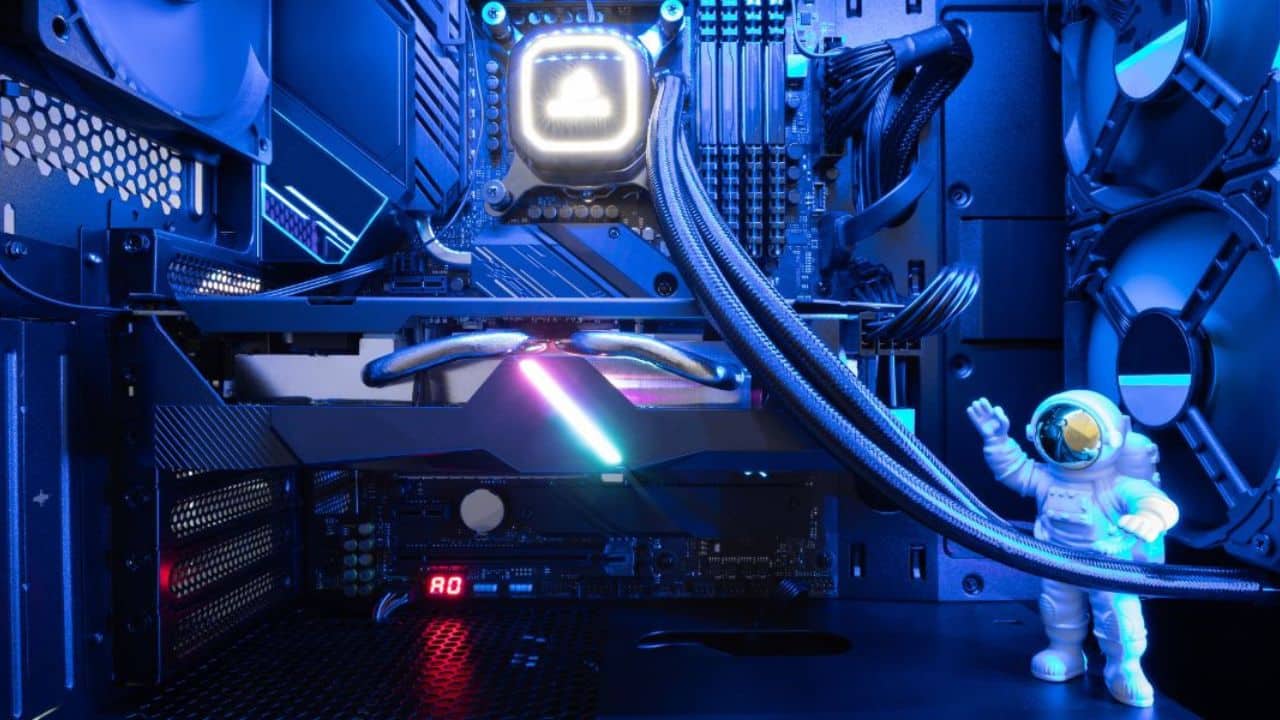Healthcare is a field that involves a tremendous amount of information. What does this mean in practice? This means that many medical facilities miss vital treatment opportunities due to the inability to process all the key information. What’s the solution to this problem? In our opinion, it includes the AI framework. This tech is still in the beginning stages of integration. During the upcoming years, however, the change of this trend is inevitable. In this article, we look at the key reasons to invest in a custom healthcare software development company.
Understanding AI in Healthcare
AI in healthcare refers to the use of artificial intelligence technology in various aspects of the healthcare industry. It has numerous applications, including diagnosis and treatment assistance, where AI algorithms analyze medical data to support healthcare professionals in making accurate diagnoses and determining effective treatment plans. AI also plays a role in drug discovery and development, helping researchers identify potential drugs and optimize their effectiveness. Furthermore, AI enables precision medicine by tailoring treatments to individual patients based on their unique characteristics. Additionally, AI assists in patient monitoring and care management, facilitating remote monitoring and personalized care.
AI-powered Diagnostic Solutions
Firstly, AI-powered diagnostic solutions are revolutionizing healthcare by enhancing accuracy in medical imaging. AI-assisted radiology, for example, improves the interpretation of imaging scans, aiding in early detection and automated tumor detection. Solutions such as a PACS radiology system can gather significant amounts of data, which is then interpreted by AI-powered software and gives radiologists more information on which to make informed decisions. Secondly, AI in pathology assists pathologists in analyzing samples and diagnosing diseases. AI-based screening tools enable the proactive identification of potential health issues. Thirdly, predictive analytics utilizes AI to analyze patient data and predict disease risks. AI-enabled diagnostic decision support systems and machine learning algorithms provide valuable insights for clinical decision-making, optimizing diagnosis and treatment plans.
Transforming Drug Discovery and Development
Here are some key innovations in drug discovery and innovation stemming from AI integration:
- AI is transforming the drug discovery process by accelerating it. AI algorithms assist in target identification, identifying potential disease targets for drug development. Predictive modeling using AI helps in evaluating the efficacy of drug candidates, reducing the time and cost involved in testing.
- AI enables personalized medicine and treatment optimization. By integrating pharmacogenomics with AI, treatment plans can be tailored based on an individual’s genetic profile. AI-based drug repurposing explores existing drugs for new therapeutic uses, potentially speeding up the availability of effective treatments for various conditions.
Revolutionizing Patient Care and Monitoring
Here are some key ways in which AI revolutionizes patient care:
- AI is revolutionizing care through remote patient monitoring and telehealth. AI-powered wearable devices enable continuous monitoring of vital signs and health data, providing real-time insights for healthcare professionals. Virtual healthcare assistants offer personalized guidance and support to patients remotely, enhancing access to healthcare services.
- Intelligent electronic health records utilize natural language processing to extract valuable information from patient records efficiently. AI assists in clinical documentation, automating tasks like data entry and generating accurate medical reports.
- AI-driven predictive analytics help in forecasting patient outcomes, predicting readmission rates, and identifying patients at risk of deterioration early on, enabling proactive interventions and personalized care.
Ethical Considerations in AI Healthcare Integration
The integration of AI in healthcare raises important ethical considerations. Privacy and data security are crucial, ensuring that patient information is protected from unauthorized access. Bias and fairness in AI algorithms need to be addressed to prevent discriminatory outcomes and ensure equitable healthcare delivery. Transparency and explainability of AI systems are vital for healthcare professionals and patients to understand how decisions are made. Safeguarding patient autonomy and consent in AI-driven healthcare interventions is also essential for maintaining ethical standards.
Conclusion
The impact of AI in healthcare is going to be tremendous. The technology already offers many boons to the average user in 2023. Beyond this year, its use will become even more profitable and rational from the standpoint of delivering a high-quality service. We are only at the beginning of AI development: the most impressive innovations are yet to come. Do you want to take part in the upcoming AI revolution? In that case, we recommend paying attention to companies that know how to work with AI creation. One of such companies is Keenethics. You can find them via this link: https://keenethics.com/










































